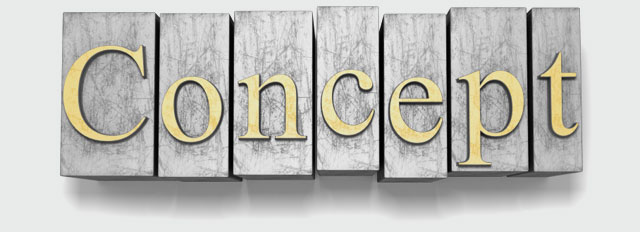I just went back and read the Playboy Interview with Marshall McLuhan from 1969. It’s always fun to go back and re-read some of the ideas that played a role in shaping my thinking. As a nice surprise, two ideas seemed to jump out at me as particularly relevant today.
The Phonetic Alphabet Was Our Ticket Out of the Tribe
In the interview, McLuhan argues that tribal communication is accomplished in the acoustic space. That is to say, tribal communication is oral/aural in nature and that it’s impossible to separate the content from the space in which it is communicated. As a result, the content is packaged with the emotion by way of inflection and contextual cues like body language, environmental references, etc.. As a result, oral/aural communication becomes a lode-bearing support of tribal culture, both in its immediacy of transport and its ephemeral nature; once something is spoken, it’s gone, and unless you heard the person speak it, you have no direct access to the original communication. This created an extreme localization in culture and communication.
The phonetic alphabet, on the other hand, allowed an unprecedented degree of abstraction from idea to communication. The letters of our modern alphabets mean very little on their own, but can be combined to create crystalline messages which can be reviewed, debated, and amended. If you know the rules, you can order letters into words, words into sentences, sentences into paragraphs, and paragraphs into complete thoughts to be passed around and passed on down for others to consume. Humankind was free to break from the Tribe because culture became portable. As long as the person consuming the content understood the rules as well, you could be reasonably sure your message would be delivered intact.
The reason I find this interesting in today’s environment is that much of the ideas I see communicated are in the form of shared video content. Each day my Facebook feed is littered with clips from pundits and poets delivering their messages with steely resolve or an ironic glint in their eye. Once again, I see the message married to the delivery. Like oral/aural communication, these clips have an immediacy of transport, but they also have the portability of the printed word. Tribal culture has become portable.
Nowhere is this more apparent than in the state of political discourse here in the USA. What I see (plainly on display on my Facebook wall) are competing factions passing around tribal grunts to decry the other factions. The cold crystalline analysis of the written word plays very little role in the exchange anymore. Indeed, a rational fact-based approach to the debate often elicits a tribal grunt of “elitist” or “fascist” and they are dismissed from the debate. What we’ve created, it seems, is a global tribal culture where consensual space has been extended by technology. It matters less that you know the rules of discourse and can structure an idea for debate than it does that a particular flavor of tribal grunts resonates with you. (Aside: just saw the Sara Palin “WTF/Sputnik Moment” clip on Daily Show that proved my point…) To be clear, I’m not right bashing here – I think “Sputnik Moment” is in-and-of-itself intended to be one of those tribal grunts meant to localize a tribe at a distance.
For better or worse, The Medium is the Massage.
Culture Is Shifting Fast Enough for Us to Compare Ourselves to Ourselves
The second point I found interesting was the discussion of humanity’s “rear-view mirror” approach to understanding the world or, as McLuhan puts it, “… man is only consciously aware of the environment that has preceded it.” He does argue that with the advent of electronic communications, the pace of environmental evolution was increasing. One need only look at the chart shown here to see that we’ve been through four major “paradigm shifts” in the time since McLuhan gave that interview. Another staggering view of the increasing pace of change can be found on John Sviokla’s Daily Innovation blog – watch the video, which is called “Taming the Torrent.”
Early humans were never separated from the environment long enough to understand how (or even if) it was changing. The printed word granted humanity the gift of a historical perspective. Once we began recording our events and ideas, we were given the ability to draw distinctions between ourselves and our ancestors’ environments.
As the reach and velocity of the transport mechanisms of our communications increase, we are able to draw those distinctions in less and less time. As recently as the outset of the last century, we discussed cultural change in terms of generations. When I became aware of my own environment, we were already discussing previous decades. Now, we speak in terms of years. As we’ve moved from epochs and eras, to generations, to decades, to years, and even shorter spans in the future, we’re able to compare the current environment with the previous environment with unprecedented levels of clarity. Hopefully, we can use that clarity to understand and plan for future upheavals in the environment.
My only hope is that future tribes are better prepared for changes of environment than previous tribes.



